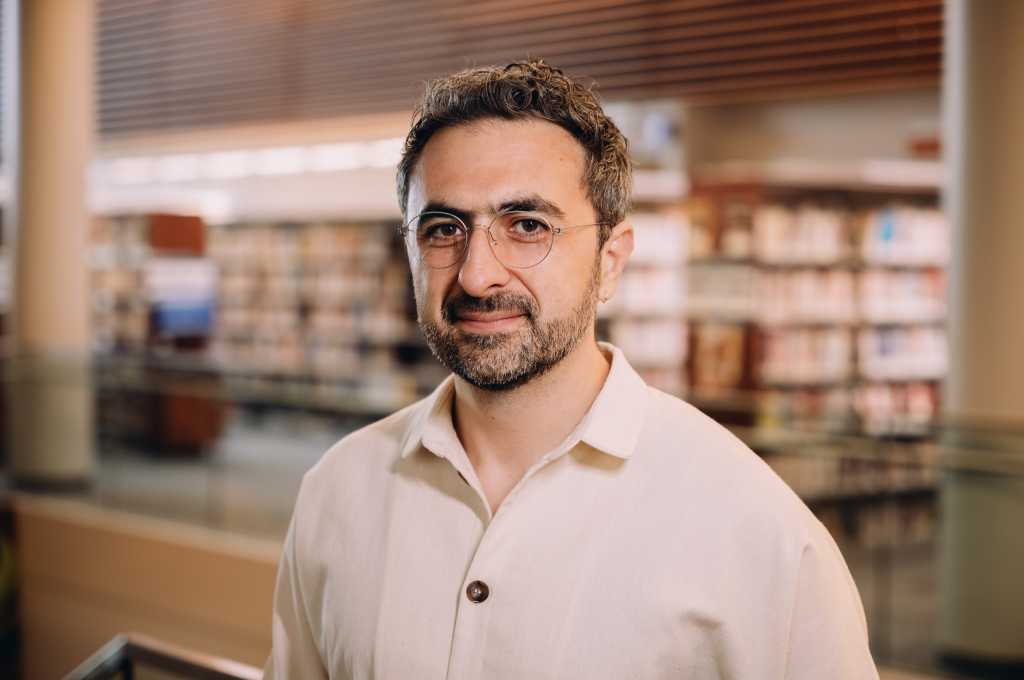
Suleyman identifies three areas where humanist superintelligence could have a transformative impact. The first is the personal AI companion, designed to assist people in their learning, productivity and well-being, without replacing human connection. The second is medical superintelligence, capable of delivering expert-level diagnostics and treatment, expanding global access to healthcare. And the third, clean and abundant energy, where AI would facilitate scientific discovery, resource optimization and development of sustainable generation technologies.
This, in his view, implies a clear set of rules if this model is to be achieved, as well as international cooperation and transparency. Suleyman says Microsoft recognizes the risk of less safe models advancing faster, so he calls for collective action to prevent innovation from being imposed without ethical control. “We are not building a superintelligence at any cost, with no limits,” he emphasizes.
Ultimately, Microsoft’s AI chief argues that humanist superintelligence seeks to keep humans at the center of the technological equation. As such, Microsoft is clear that AI must be subordinate, controllable and aligned with human values, and that its purpose is not to replace people, but to amplify their capabilities. “Superintelligence could be the best invention ever, but only if it puts the interests of human beings above everything else,” he says.


